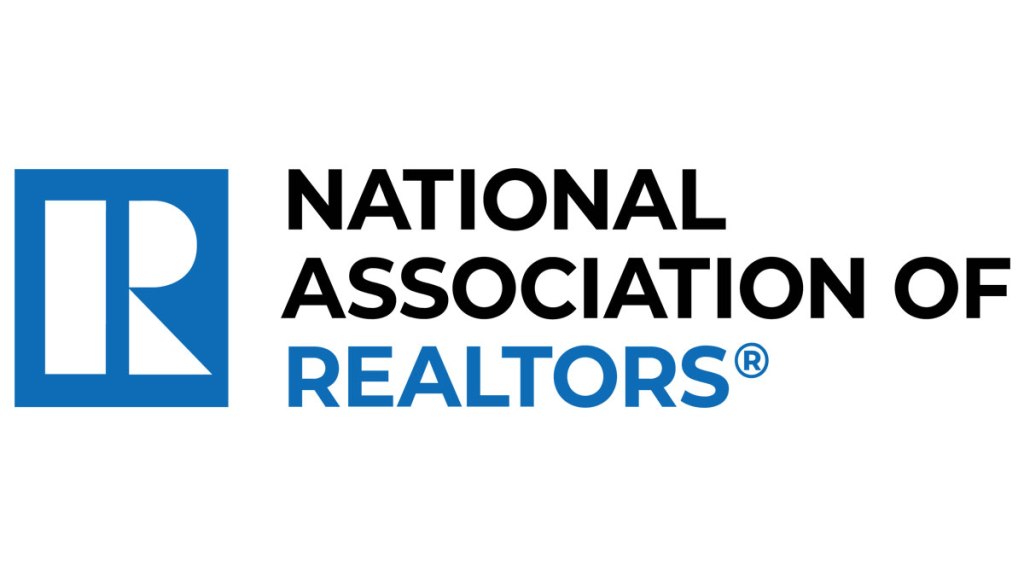Phillip Cantrell is the CEO of Benchmark Realty LLC based in Franklin, Tennessee and the executive vice president of Strategy for United Real Estate. He is a 20-year member of the National Association of Realtors and has served on his local Realtor association’s board of directors, budget committee, grievance committee, professional standards committee and scholarship committee.
As I write this, we anticipate the final jury verdict today in the closely watched Sitzer/Burnett class-action commission lawsuit trial.
Confessionally, left-brain nerds like me are drawn to such procedures like moths to a flame, so I have found these proceedings incredibly interesting.
Remember, this is only the first of three class-action lawsuits. Most assuredly, the plaintiff attorneys in the subsequent cases are closely watching, and even as you read this are rapidly modifying strategies to be even more effective for their time in the sun. As Yogi Bera once said, “It ain’t over til it’s over.”
So, what will be the outcome? We keep hearing this case has the potential to “change our industry” but no one really says exactly how they believe it will change.
Look around. It’s already happening.
Buyer’s agent commissions won’t necessarily go away
Two weeks ago, the Real Estate Board of New York (REBNY) and the Residential Listing Service modified their rules starting Jan. 1, 2024. The rule change will prohibit listing brokers from paying buyer’s agents and will instead require sellers to pay them directly if they choose to pay them at all.
Other Multiple Listing Services (MLSs) around the country have preemptively changed the definition of required cooperation by eliminating any stated dollar amount.
For many, this meant taking it from $1 to $0. Meh. No big deal, except for one thing: Almost all MLS information is already syndicated with every large real estate portal. This means a listing agent can now present their listings to the public, offering $0 buyer agent compensation. Conceivably bypassing buyer agents altogether.
It seems we are headed toward a future where each agent will be paid by their own client. Compensation for the buyer agent will survive, it just won’t be required and, most certainly, it won’t be guaranteed.
Of course, every smart listing agent will want to get their listing sold as quickly as possible, so most will still advise their seller client to include something for a buyer’s agent. It’s doubtful that amount will be what it is today, though.
There is certain to be a segment of the seller market who will adopt the attitude of if they want to get paid, let their buyer client pay it. As licensees, we are stuck in the middle. We can’t not show the house if the buyer wants to see it. In most states, that is codified already.
For sure, we’re about to separate the pros from the amateurs pretty darn fast because of that change.
NAR should get out of the MLS business
Oh, and let’s not forget the U.S. Department of Justice and the Federal Trade Commission. The FTC already has their hunting license, issued via Executive Order 14036, back in July 2021, which specifically instructs the FTC to “… address persistent and recurrent practices that inhibit competition, in areas such as: unfair tying practices or exclusionary practices in the brokerage or listing of real estate…”
This means they have the authority to enact regulations today that would change our current structure. My hunch is both these government entities are just biding their time to see if the lawsuits will do their job for them. Easier on the taxpayer.
Turning now to the National Association of Realtors (NAR). Since over 90% of the MLSs in this country are owned or controlled by NAR, the most effective thing the organization can do is get out of the business they have so grossly mismanaged, thereby reducing some of this intense scrutiny.
I found it interesting these past few weeks to read several witnesses adamantly testify for the defense that NAR does not have any control whatsoever over the MLSs. Could they have stuck their heads up further out of the sand to invite yet even more scrutiny?
Some brave souls who run the MLS have had the audacity to refuse to enforce the Clear Cooperation rule – in my opinion the catalyst for the class-actions to begin with. Rightfully stating that it is an association-imposed rule, not an MLS rule, so the association is solely responsible for enforcement.
That’s great. Except those same MLSs usually have language in their rules stating every member agrees to abide by the NAR Code of Ethics. Which also happen to be association rules. So how do you enforce one and not all?
More importantly, what the heck does any of this rule-making for the sake of rule-making have to do with technology, data and serving the consumer? The MLSs are technology companies, period. They are not the NAR rule police.
Yes, I know, the MLSs are structurally owned by local associations or, in some cases, the state associations. Plausible deniability for NAR, but we all know they follow the NAR committee guidance to the letter.
How could they not? Their board of directors is almost exclusively made up of members appointed by the boards of the local associations. And should the operator deviate one iota from NAR guidance, they are immediately threatened with removal of the MLS’s errors and omissions insurance.
Their consistent refrain is a toe the line or you’ll be punished stance, resulting in a structure that stunts growth. Perpetuating because those in charge care about nothing except protecting their dividend check. Not about serving the membership or (dare we say it) providing a service the lowly consumer would be drawn to.
It is simply not a sustainable structure that leaves the MLS vulnerable to competitor usurpation. This has been the chief enabler of Zillow’s rapid rise.
Let’s get back to putting the consumers first
A very strong argument could be made that (this is for all you Zillow-haters out there) had NAR shown strategic leadership on this issue years ago, Zillow would never have come into existence.
Let’s face it: Zillow was born in response to consumer demand for information. Yet, instead of responding to consumer demand, our industry, led by almighty NAR, stonewalled. They said, “Oh no, only a Realtor can properly provide such information.” Yes, it would have been very expensive, but so was Upstream, Realtors Property Resource, etc. Point taken.
This is the same abject lack of strategic thinking and bull-headed attitude that led to the squandering of a golden opportunity to offer a consumer counterbalance with Realtor.com. Instead, NAR chose to abdicate leadership once more by brilliantly selling it in 2014 for a mere $2 million per year in license royalty fees. Ugh.
So here we are about to be crucified by the lawyers. Primarily, because we have allowed ourselves to be led by dysfunctional committees and people who put personal interests above the needs of the members and the consumer. We, the licensees, have remained ignorant and silent, allowing ourselves to be overtaken by the crafty.
The path forward for NAR
In my last article, I proposed some potential paths forward for NAR. Based on the many positive communications I received from across the country, my words seem to have struck a nerve.
So, what should NAR become? With over $1 billion in assets and north of $340 million in annual revenue, it is indeed an elephant that would take a long time to die.
Of course, if they get out of the MLS business (which I staunchly advocate for) that revenue will probably drop significantly. However, the organization does do some good things for our industry. Those good things just fall a distant second to the organization’s need for self-perpetuation.
NAR should focus their energies on three areas: education, data and lobbying. Here’s a detailed look at each of these:
- Education: Increase professionalism through teaching and expanding education, not through increased rule-making.
- Statistical data analysis and reporting: They do an excellent job, but the competitors are catching up.
- Lobbying efforts: Work with the individual state legislatures to increase the requirements for obtaining a license and remaining in the industry. Most practitioners will admit it is too easy to get a license and it is ridiculously easy to become a supervising broker. These types of scenarios are a target-rich environment for government oversight, and we are just on the cusp of that, primarily because we have refused to self-govern.
Final thoughts
Truthfully, the outcome of these class-action lawsuits will most likely reduce the Realtor population. When the licensee is forced to have an actual conversation with their buyer client about how they get paid upfront, many will run away rather than face that discussion.
All in all, it’s this convoluted mess that has allowed these lawyers to gain a foothold. A convoluted mess created by NAR, which lost its way a long time ago.
The organization succumbed to the seductive whisperings of the MLS dividend checks instead of doing what’s right for its members and consumers.
Author’s note: The opinions expressed here are strictly my own. They may or may not reflect the opinions of any person or organization with which I am associated.
Editor’s note: This column does not necessarily reflect the opinion of HousingWire’s editorial department and its owners.
To contact the author of this story:
Phillip Cantrell at phillip@benchmarkrealtytn.com
To contact the editor responsible for this story:
Deborah Kearns at deborah@hwmedia.com






